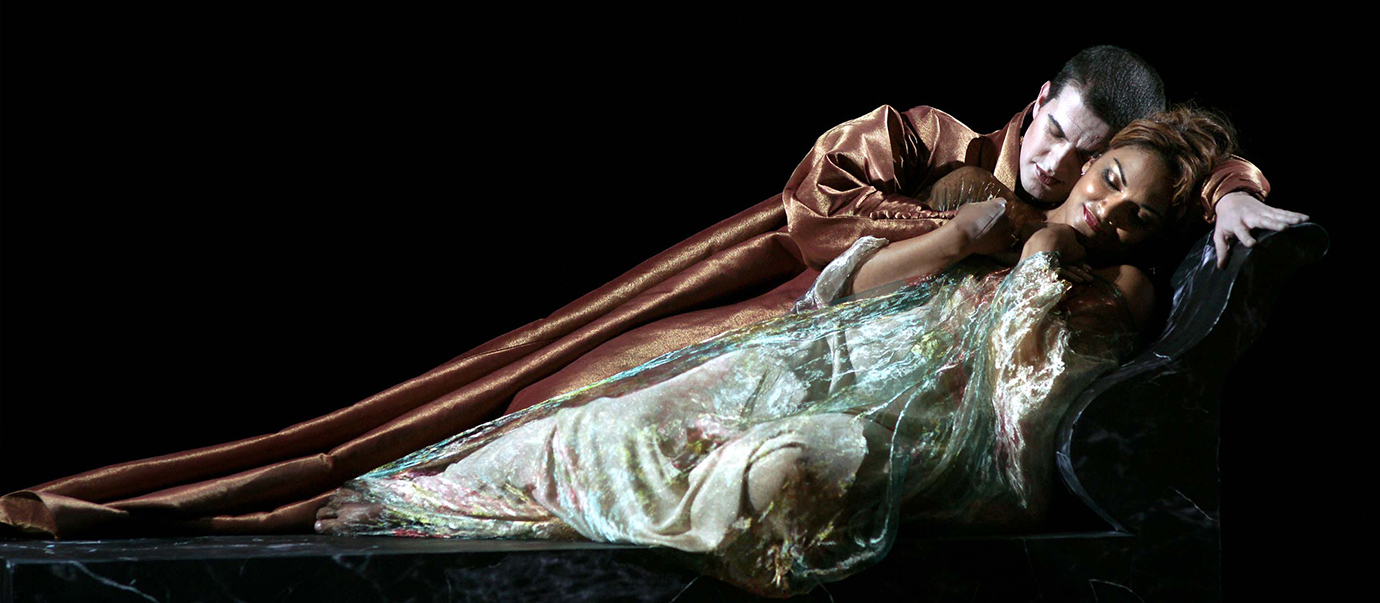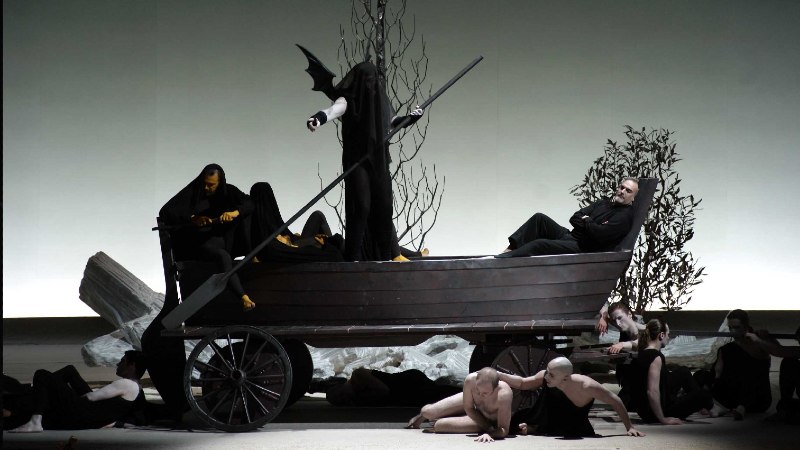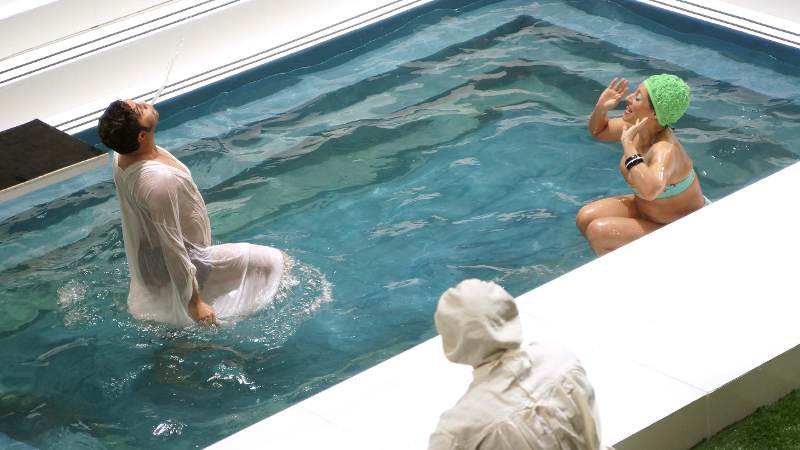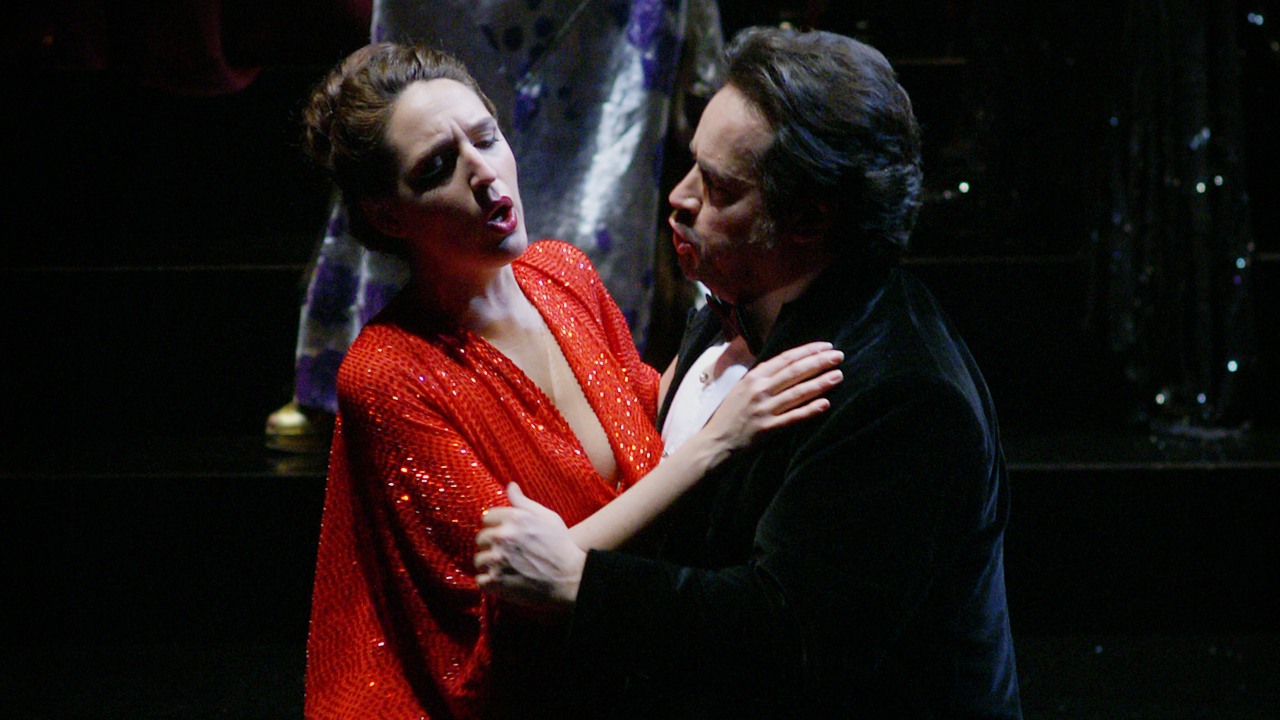Claudio Monteverdi first presented L’Orfeo in the ducal palace of the Duke of Mantua on 24 February 1607, the date now regarded as the birth of opera. The Cremona-born composer defined the new genre with his favola in musica on the myth of Orpheus and its revolutionary treatment of drama and music.
Working from an erudite libretto by Alessandro Striggio based on Ovid’s Metamorphoses and Virgil’s Georgics, Monteverdi wrote a score so perfect that it would become the essential work of reference for opera in the centuries to come.
Thanks to its extraordinary conception and meticulous orchestration, L’Orfeo reaches a level of excellence rarely seen in the history of opera. Monteverdi was the first musician for whom the expression of deeply moving human feelings and passions was an absolute priority.
Favola in musica in a prologue and five acts
Music by Claudio Monteverdi (1567-1643)
Libretto by Alessandro Striggio
Coproduction of the Teatro Real and the Teatro La Fenice of Venice
Chorus and Orchestra Les Arts Florissants, with the participation of Les Sacqueboitiers
Artistic team
Conductor | William Christie
Stage director, set and costume designer | Pier Luigi Pizzi
Lighting designer | Sergio Rossi
Choreographer | Gheorghe Lancu
Percussionist | Sergey Saprychev
Cast
Orfeo | Dietrich Henschel
La Musica, Euridice, Proserpina | Maria Grazia Schiavo
La Messaggera, La Speranza | Sonia Prina
Carante | Luigi De Donato
Plutone | Antonio Abete
Apollo | Agustin Prunell-Friend
Ninfa Hanna | Bayadi-Hirt
I Pastore | Xavier Sabata
II Pastore, I Spirito Infernale | Cyril Auvity
III Pastore, Íl Spirito Infernale | Juan Sancho
IV Pastore, III Spirito Infernale | Jonathan Sells
Eco | Ludovic Provost

